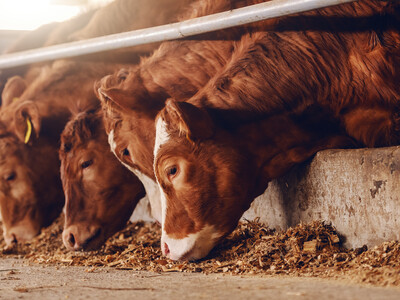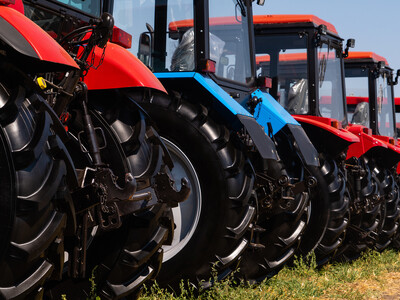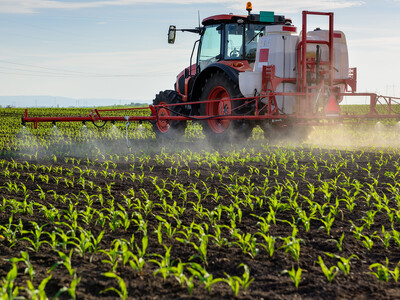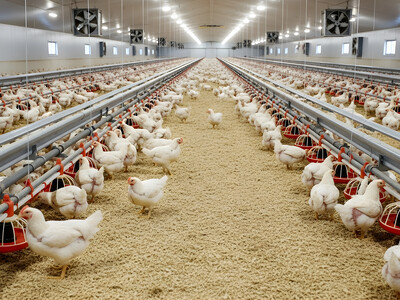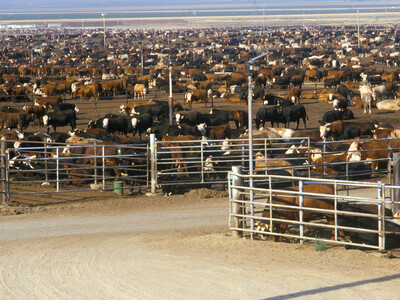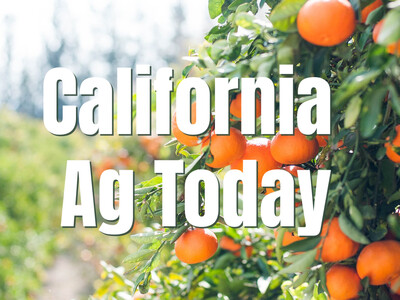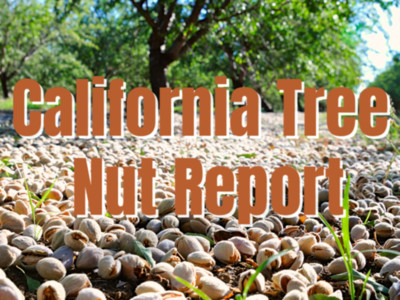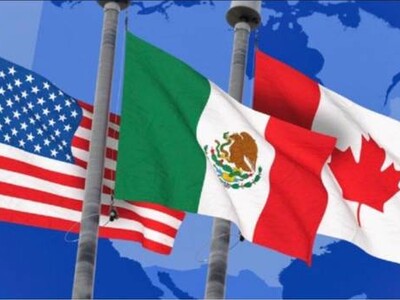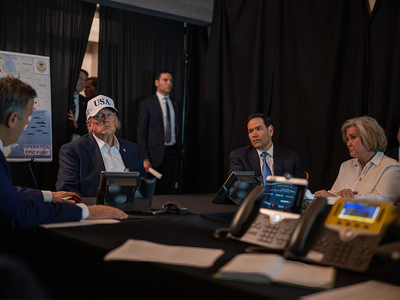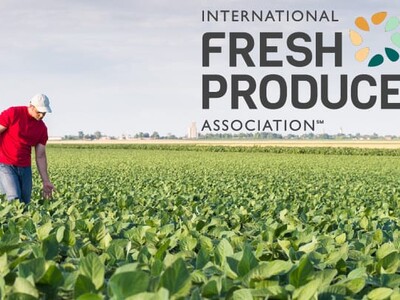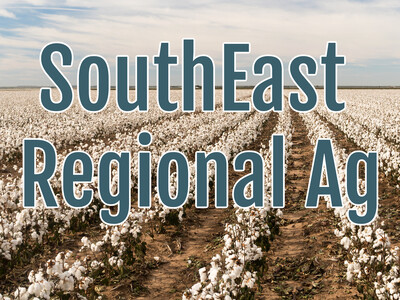Farming with Covid-19
In the midst of the pandemic, Idaho farmer and rancher Tristin Weininger shares work ethic, commitment and his views on Covid-19. In the midst of the pandemic, Idaho farmer and rancher Tristin Weininger shares work ethic, commitment and his views uncovered 19 and how it has affected the agricultural consumer.Today, we're planting dark red kidney beans. This has been a different year. We were planting in the valley. They were planting beets because we're just doing what we love. Number one. But also our job to us is sort of a duty thing. It's our job to get up when nobody else wants to get up and to get dirty when nobody else wants to and to get the job done. And it's the way farmers have been forever and it's the way it's always gonna be. With farming, We are kind of disconnected from the whole quarantine because we're out here working because we have to we don't have a choice. And it wouldn't matter if it was quarantine or not. We would be out planting, branding, doing everything that farmers and ranchers do just to get the job done, because for us, timing is everything and everything has to be done on time and done right. And I think that society has disconnected a lot from where their food comes from. And you ask kids today and they'll tell you it's from the grocery store. Where does milk come from? The fridge. They don't understand. And I think that this quarantine thing has been a real reality check for people because they are starting to see and understand what really goes into their food. And we hear stories about people saying, well, I can teach anybody to farm. You can't, it's not something you learn. It's not by the book. And every year is different. This year it's different. And so we're having to adapt. What a story. and how it has affected the agricultural consumer.
Today, we're planting dark red kidney beans. This has been a different year. We were planting in the valley. They were planting beets because we're just doing what we love. Number one. But also our job to us is sort of a duty thing. It's our job to get up when nobody else wants to get up and to get dirty when nobody else wants to and to get the job done. And it's the way farmers have been forever and it's the way it's always gonna be. With farming, We are kind of disconnected from the whole quarantine because we're out here working because we have to we don't have a choice. And it wouldn't matter if it was quarantine or not. We would be out planting, branding, doing everything that farmers and ranchers do just to get the job done, because for us, timing is everything and everything has to be done on time and done right. And I think that society has disconnected a lot from where their food comes from. And you ask kids today and they'll tell you it's from the grocery store. Where does milk come from? The fridge. They don't understand. And I think that this quarantine thing has been a real reality check for people because they are starting to see and understand what really goes into their food. And we hear stories about people saying, well, I can teach anybody to farm. You can't, it's not something you learn. It's not by the book. And every year is different. This year it's different. And so we're having to adapt. What a story.




